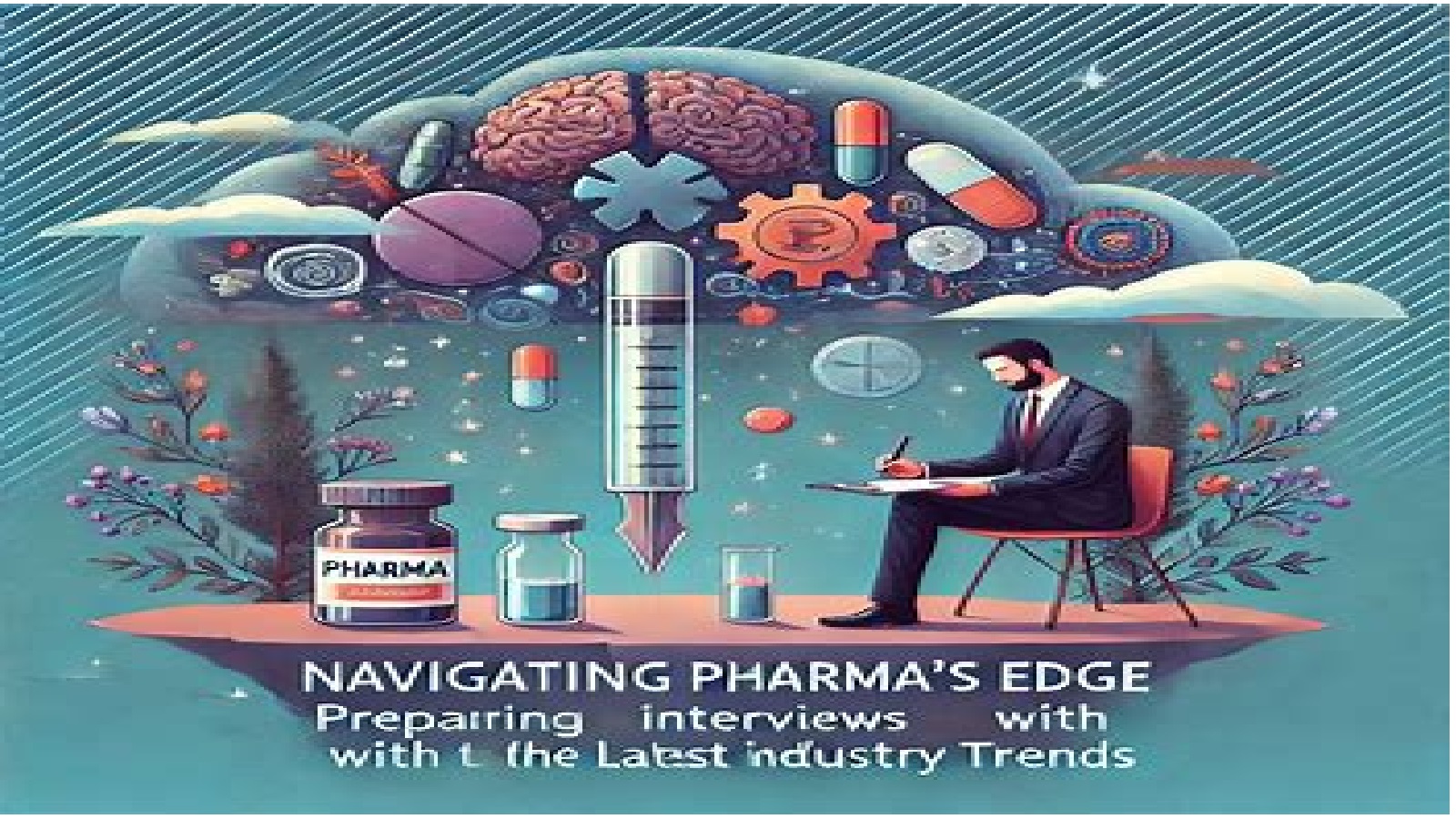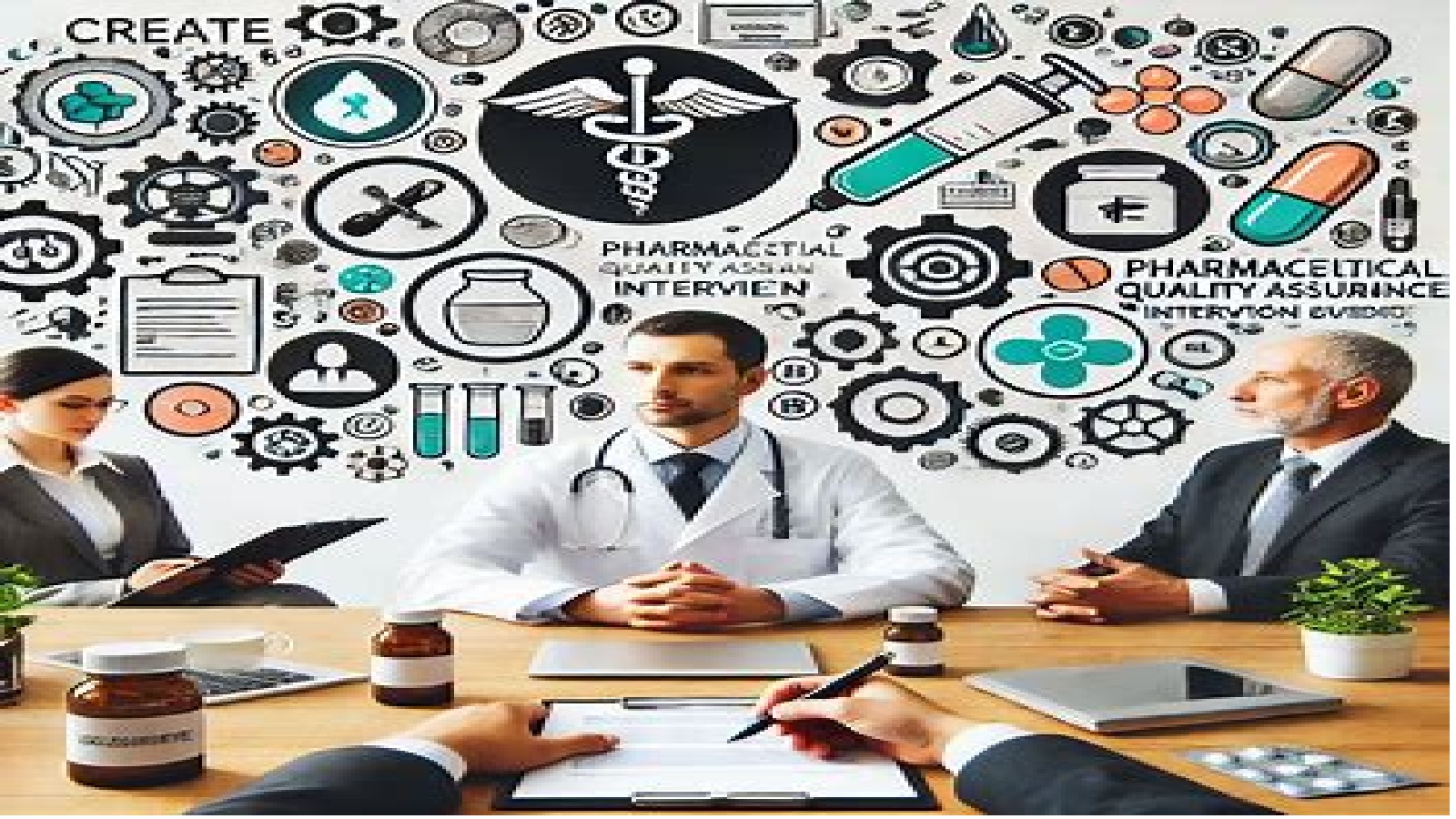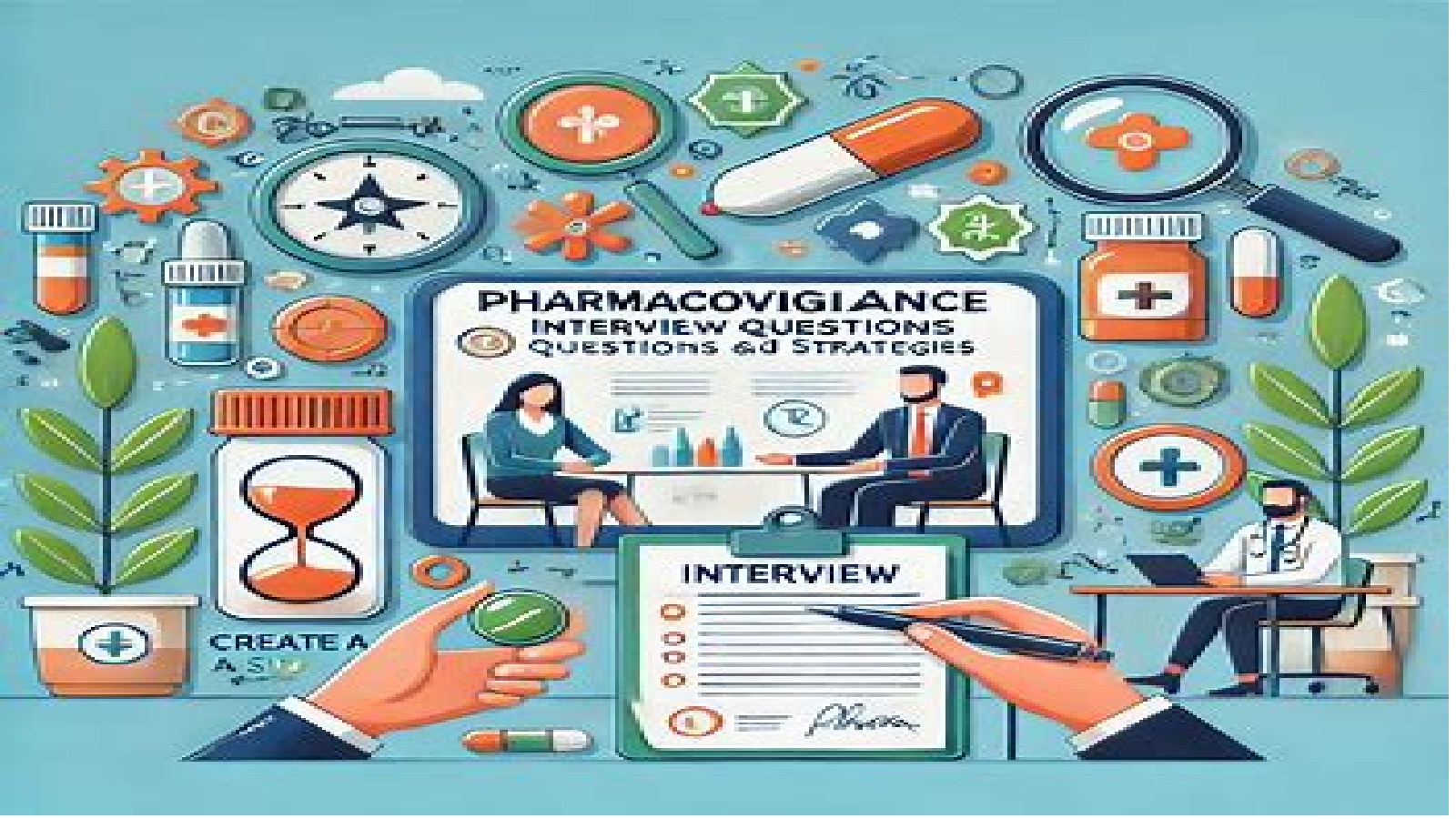Analytical chemistry plays a vital role in the pharmaceutical industry, ensuring the quality, safety, and efficacy of drugs. For candidates interviewing in this field, understanding the types of questions asked is essential to showcase their knowledge and technical expertise. Below is a detailed article outlining common analytical chemistry questions in pharma interviews, presented in a heading-subheading format.
1. Introduction to Analytical Chemistry in Pharma
Pharmaceutical companies rely on analytical chemistry for drug development, quality control, and regulatory compliance. Analytical methods are used to identify, quantify, and analyze chemical compounds, ensuring drug formulations meet stringent standards.
2. Basic Concepts in Analytical Chemistry
2.1 What is Analytical Chemistry?
Candidates may be asked to define analytical chemistry and explain its significance in the pharmaceutical industry.
Sample Answer:
“Analytical chemistry is the branch of chemistry focused on the qualitative and quantitative analysis of chemical substances. It is crucial in pharma to ensure the safety, efficacy, and quality of drug products.”
2.2 Differentiate Between Qualitative and Quantitative Analysis
Sample Answer:
“Qualitative analysis identifies the chemical components in a sample, while quantitative analysis determines the amount of each component present.”
3. Instrumentation-Based Questions
3.1 Explain the Principle of HPLC (High-Performance Liquid Chromatography)
Interviewers often test the candidate’s understanding of HPLC, a cornerstone technique in pharma.
Sample Answer:
“HPLC separates, identifies, and quantifies components in a mixture based on their interaction with the stationary phase and the mobile phase under high pressure.”
3.2 What is the Role of UV-Vis Spectroscopy in Pharma?
Sample Answer:
“UV-Vis spectroscopy is used for the quantitative analysis of compounds that absorb ultraviolet or visible light. It helps in determining drug purity and concentration.”
3.3 How Does Gas Chromatography Work?
Sample Answer:
“Gas chromatography separates volatile compounds based on their partition between a stationary phase and a mobile gas phase. It is widely used for purity testing and residual solvent analysis.”
4. Method Validation and Development Questions
4.1 What is Method Validation? Why is it Important?
Sample Answer:
“Method validation ensures that an analytical method is accurate, precise, specific, and reproducible. It is vital to comply with regulatory standards and ensure consistent results.”
4.2 What are the Key Parameters in Method Validation?
Candidates should be prepared to discuss validation parameters such as accuracy, precision, linearity, specificity, robustness, and limit of detection (LOD).
5. Regulatory and Compliance-Related Questions
5.1 What are ICH Guidelines, and Why are They Important?
Sample Answer:
“The International Council for Harmonisation (ICH) guidelines provide standardized procedures for pharmaceutical development, ensuring drug quality, safety, and efficacy across global markets.”
5.2 How Do You Ensure Compliance with Regulatory Standards in Analytical Chemistry?
This question assesses the candidate’s knowledge of Good Laboratory Practices (GLP) and documentation processes.
6. Common Practical Questions
6.1 How Would You Prepare a Standard Solution?
Candidates should explain step-by-step how to weigh the compound, dissolve it, and dilute it to the desired concentration.
6.2 What is the Role of Calibration in Analytical Instruments?
Sample Answer:
“Calibration ensures the accuracy and reliability of analytical instruments by comparing their measurements against a standard.”
6.3 How Do You Handle Analytical Errors?
Interviewers may ask how candidates troubleshoot issues such as instrument malfunction or inconsistent results.
7. Advanced Analytical Techniques
7.1 What is Mass Spectrometry?
Sample Answer:
“Mass spectrometry identifies compounds based on their mass-to-charge ratio. It is highly sensitive and used for molecular weight determination and structural analysis.”
7.2 What is the Difference Between NMR and IR Spectroscopy?
Candidates should explain how Nuclear Magnetic Resonance (NMR) focuses on atomic nuclei’s magnetic properties, while Infrared (IR) spectroscopy examines molecular vibrations.
8. Behavioral and Scenario-Based Questions
8.1 Describe a Challenge You Faced in Analytical Chemistry and How You Resolved It
This question gauges problem-solving skills and experience. Candidates should provide a clear example, focusing on the situation, task, actions, and result (STAR method).
8.2 How Do You Prioritize Tasks in a Fast-Paced Laboratory Environment?
Discuss time management and organizational skills, emphasizing efficiency without compromising quality.
9. Conclusion and Preparation Tips
Preparation for an analytical chemistry interview involves:
- Reviewing key concepts and analytical techniques.
- Understanding regulatory guidelines and compliance requirements.
- Practicing problem-solving and scenario-based questions.
With a solid grasp of these topics, candidates can confidently showcase their expertise and secure roles in the pharmaceutical industry.
This article serves as a comprehensive guide for aspiring professionals preparing for analytical chemistry roles in pharma.
For more articles, Kindly Click here.
For pharmaceutical jobs, follow us on LinkedIn
For Editable SOPs in Word format contact us on info@pharmaceuticalcarrier.com
For more information kindly follow us on www.pharmaguidelines.co.uk
Dr. Gite, a Ph.D. graduate from the Elite Institute of Chemical Technology, Mumbai, and a Master’s in Pharmaceutics from UDCT, Aurangabad, is a renowned pharmaceutical scientist. With expertise in oral protein and peptide drug delivery, nanotechnology, NDDS, and complex injectables, Dr. Gite has a proven track record in advancing innovative drug delivery systems.
Specializing in biosimilars, biologics, and ocular drug delivery, Dr. Gite is also well-versed in DoE, QbD, regulatory affairs, and technology transfer. Driven by a passion for innovation, Dr. Gite is dedicated to shaping the future of pharmaceutical research and healthcare.





